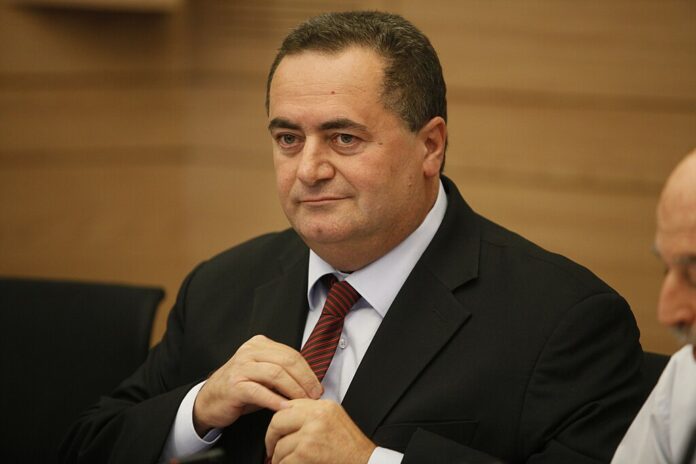Israel threatens military response after intercepting missile fired by Yemen’s Houthi forces
Tensions in the Middle East escalated sharply on Tuesday after Israel’s Defence Minister vowed retribution against Yemen’s Iran-backed Houthi forces, following the interception of a ballistic missile fired towards Israeli territory.
In a fiery statement, Israel Katz warned: “The fate of Yemen is the same as that of Tehran. Whoever raises a hand against Israel — that hand will be cut off.” His words come barely a month after Israel conducted a 12-day aerial campaign targeting Iranian nuclear and missile infrastructure.
The intercepted missile was spotted over the southern Israeli city of Sderot on Monday evening. Residents reported sirens blaring as the country’s Iron Dome defence system leapt into action. No casualties were reported, but the attempted strike immediately triggered a diplomatic and military flurry in Tel Aviv.
Later that night, the Houthi military spokesperson Yahya Saree claimed responsibility for the assault, boasting of four operations aimed at an Israeli airport and other “sensitive targets”. The group, which controls much of northern Yemen, said the attacks were carried out in solidarity with Palestinians in Gaza.
Since October 2023, when war erupted between Israel and Hamas, the Houthis have emerged as an increasingly aggressive regional player. Their missile and drone launches at Israel and international shipping routes in the Red Sea have disrupted global trade and drawn in Western allies.
Israel has previously warned the Houthis of severe consequences if their operations continue. Katz’s latest comments point to a possible air and naval blockade, or direct strikes on Yemeni soil.
“If the attacks persist,” Katz added, “we will hit them where it hurts – in Yemen and beyond.”
Embed from Getty ImagesAs the rhetoric intensifies, US officials remain deeply concerned. During Israel’s recent campaign against Iran, US pilots flying B-2 bombers took part in joint strikes. The return of such operations now looks increasingly likely, especially if Israel decides to follow through on threats against Yemen.
Mike Huckabee, former Arkansas governor and now US ambassador to Israel under President Trump, posted to X (formerly Twitter) after the missile launch: “We thought we were done with missiles coming to Israel, but Houthis just lit one up over us. Fortunately, Israel’s incredible interception system means we go to the shelter & wait until all clear. Maybe those B2 bombers need to visit Yemen!”
The exchange comes at a volatile time. Just hours earlier, Trump announced that Israel had agreed to a potential 60-day ceasefire in Gaza — a move seen as a major diplomatic breakthrough. However, renewed missile threats may now destabilise those fragile efforts.
Washington insiders say Israel’s Strategic Affairs Minister Ron Dermer is in the US for high-level meetings with Secretary of State Marco Rubio and Vice President JD Vance. US Middle East envoy Steve Witkoff is also involved as the Biden administration — now replaced by Trump’s second term — pushes for a coordinated regional strategy.
Despite intercepting most of the Houthi-launched projectiles since the conflict began, Israel views the attacks as intolerable provocations. In Tel Aviv, military planners are reportedly drawing up options for targeted retaliation against Houthi military installations.
The Houthis, however, show no sign of backing down. They continue to frame their campaign as “resistance” against Israeli oppression in Gaza — a narrative resonant among many in the Arab world, even as it risks dragging Yemen deeper into an international conflict.
As the drums of war beat louder once again, regional powers brace for what could be a dangerous new theatre in the already sprawling shadow war between Israel and its Iranian-aligned adversaries.
